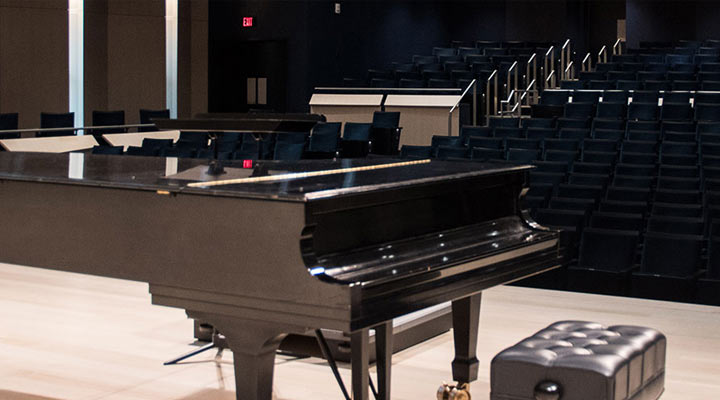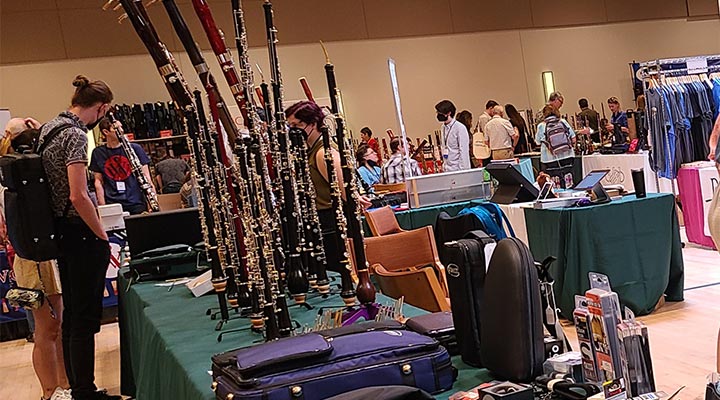The International Double Reed Society (IDRS) is a worldwide nonprofit organization made up of professional double reed players, students, amateurs, hobbyists, university/college instructors, music teachers, institutions, instrument manufacturers, double reed product retailers, reed makers, and enthusiasts.
Membership in the IDRS is available without regard to race, gender, religion, age, sexual orientation, disability, or national origin. The International Double Reed Society is committed to championing and celebrating diversity, equity, and inclusion in the global double reed community through performance and educational opportunities, grants, and ensuring representation that reflects the richness of our multi-faceted membership.
Join IDRS or renew your membership today!
Explore The Double Reed
Betty Johnson: Midwest Pioneer of the Bassoon
Anna Resnick | Oklahoma City, Oklahoma
A couple of months after I started beginning band in seventh grade, my director came to me and told me she had asked a very special person to give me lessons at school. This was how I met Betty Johnson (or Ms. J, as her students called her). My director told me she was a legend and known as the “Grandmother of the Bassoon.” Betty was teaching at her longtime position and alma mater of Oklahoma City University (OCU), a school known for its music and theater programs, but she would come to my school once a week and teach me everything about the bassoon. In our lessons, we talked about reed making right from the start, and she was a stickler when it came to posture and breathing. Her friendly and warm personality, combined with humor and spice, made me a believer. I loved her instantly.
 Donations
Donations









